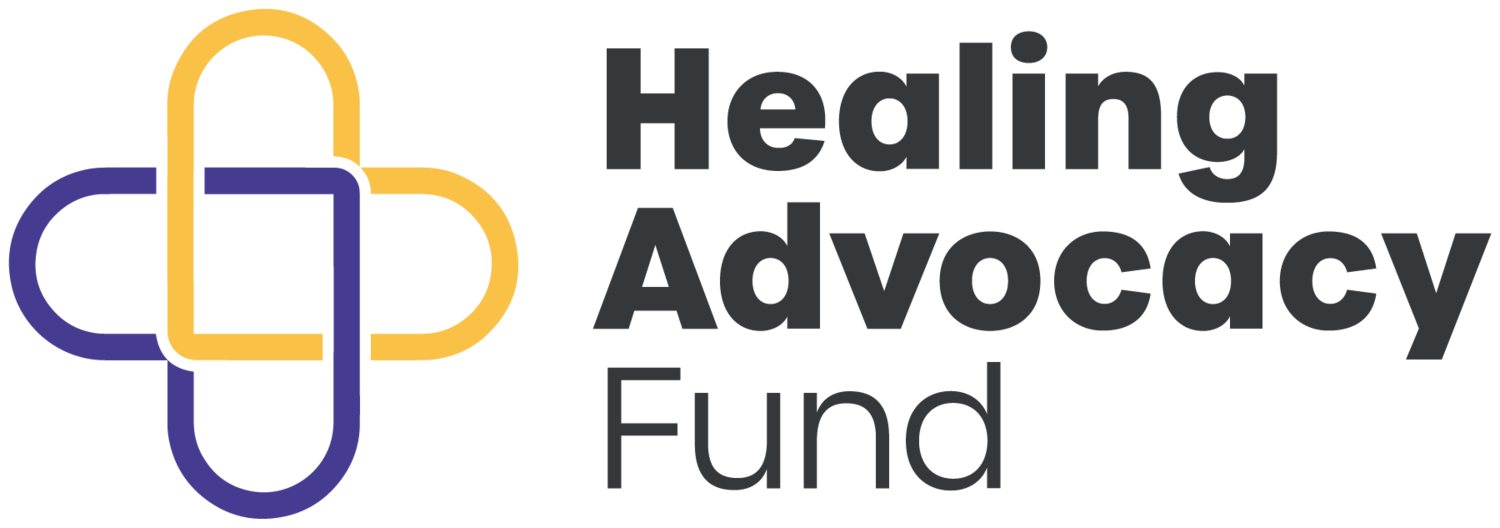A Pivotal Moment for Mental Health
In the weeks since Colorado passed psilocybin therapy statewide and Oregon counties and cities debated local access to psilocybin therapy, we’ve had some time to reflect. This reflection has convinced us even more of the power of community advocacy and people's voices in this debate. In Colorado and in numerous Oregon counties and cities (even in more conservative, rural places) we saw that when advocates and supporters talk to neighbors and elected officials directly about the benefits of this breakthrough treatment, good things happen. Read on for a more detailed analysis of Colorado’s statewide vote and Oregon’s numerous local votes.
Welcome Heidi Pendergast
Healing Advocacy welcomes our newest team member and Oregon Program Director, Heidi Pendergast. Heidi joins us with 20 years experience in non-profits, labor unions, politics and international work. Heidi spent the last 13 years at SEIU, and was instrumental in the national campaign to secure passage of the Affordable Care Act. You’ll be hearing more soon about her work with service centers, the fellowship program and training schools.
Colorado Passes Psilocybin Therapy
Colorado voters passed the Natural Medicine Health Act with a nearly 8-point margin. Under the program, adults (21+) will be able to seek supervised psychedelic therapy from a trained facilitator at approved sites, using natural medicines produced and tested at licensed healing centers. Research from leading medical institutions has repeatedly shown that a thoughtfully designed psilocybin therapy program can be uniquely effective in treating trauma, depression, anxiety, and other mental health challenges. Colorado and Oregon voters are showing the nation that we’re no longer going to turn our backs on the people these transformational therapies can help. This is truly a historic moment for mental health in Colorado.
Local Election Recap
Oregon local election results on psilocybin therapy bans demonstrated that in the areas where local advocacy was strong, and where the stories of who would benefit were told, progressives and conservatives alike showed up to vote to support it in greater numbers than they did in 2020. In the areas where education and local advocacy could not be prioritized, voters went along with their jurisdiction's direction to ban, with few exceptions. In the most highly populated areas of the state, including Oregon's largest 17 cities and counties, we saw wins both leading up to the election (local governments choosing not to ban) and at the ballot. Psilocybin access won at the ballot in Deschutes and Jackson Counties and bans were prevented in notable jurisdictions including Washington, Yamhill, and Columbia Counties, and the Cities of Medford and Klamath Falls.
> Measure 109 Overview for Local Governments
UPCOMING EVENTS
Certificate in Psilocybin-Assisted Therapy Program Open House
Wednesday, November 30th, 5:30–8:00 pm PST
Fluence is hosting an in-person open house discussing their Certificate in Psilocybin-Assisted Therapy program at Sky Lounge at The Rodney in Portland, Oregon. Their program is for therapists who wish to obtain the training and education necessary to become a licensed Psilocybin Facilitator under Oregon’s Measure 109. The program is designed and taught by leading experts with psilocybin-assisted therapy experience in clinical research settings. This is a live in-person event and capacity is limited.
> Register here
IN THE NEWS
Cory Booker and Rand Paul File Bill to Reschedule Psychedelic Breakthrough Therapies and Remove Research Barriers
Marijuana Moment
Sen. Cory Booker (D-NJ) and Rand Paul (R-KY) filed a bill on Thursday that would require the Drug Enforcement Administration (DEA) to transfer breakthrough therapies like psilocybin and MDMA from Schedule I to II, while also removing research barriers for strictly controlled substances.
The “Breakthrough Therapies Act” was filed on the same day that bipartisan House lawmakers announced the formation of a congressional psychedelics caucus that’s meant to promote the development of novel treatments derived from currently controlled entheogenic substances.
> Read the full article
Thousands of Oregonians Vote Against Psilocybin Centers: Deschutes and Jackson Counties Buck the Trend by Rejecting Proposed Bans
Oregon Capital Chronicle
Thousands of voters across Oregon have decided to ban or block the rollout of psilocybin treatment centers. But two counties bucked that trend: In Deschutes and Jackson counties, voters rejected the proposed bans and chose to move ahead with Measure 109, which passed statewide in 2020 and legalized the limited use of psilocybin in state-regulated treatment facilities. The measure allowed local authorities to opt out of Measure 109 by forwarding to voters either two-year moratoriums or bans on psilocybin services.
> Read the full article


